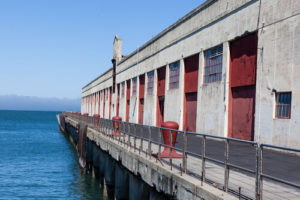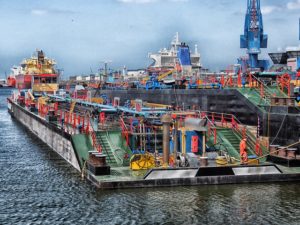 Being a longshoreman is a tough and dangerous job. The risk of serious injury is so high that you may even have to pay higher life insurance premiums. Regular worker’s compensation laws or insurance does not protect most longshoremen.
Being a longshoreman is a tough and dangerous job. The risk of serious injury is so high that you may even have to pay higher life insurance premiums. Regular worker’s compensation laws or insurance does not protect most longshoremen.
When you get hurt at work you need to know how to get paid for your injuries so you and your family can keep paying the bills.
Longshore and Harbor Worker’s Compensation Act
Longshoremen spend all their working hours on and around the waterways loading, securing, and unloading freight. They don’t qualify for typical worker’s compensation benefits and they don’t meet the requirements to be covered under the Jones Act.
Instead, longshoremen are covered by the Longshore and Harbor Worker’s Compensation Act (LHWCA). This act allows covered workers to apply for benefits for their work-related injuries and diseases without having to prove that anyone was at fault.
 However, applying for benefits can be complicated. A division of the U.S. Department of Labor called the Office of Worker’s Compensation Program (OWCP) oversees the claims program. OWCP has its own deadlines for filing a claim and special rules to follow if you do not want to have your claim denied.
However, applying for benefits can be complicated. A division of the U.S. Department of Labor called the Office of Worker’s Compensation Program (OWCP) oversees the claims program. OWCP has its own deadlines for filing a claim and special rules to follow if you do not want to have your claim denied.
Under the LHWCA you cannot sue your employer for additional damages, even if the employer was negligent and caused your injuries.
Types of Longshoreman Accidents
Because the job of a longshoreman is to unload heavy freight, many of the accidents are related to heavy machinery.
Some typical types of longshoreman accidents include:
- Crushed by falling cargo
- Injured by improperly maintained equipment
- Injured by Transrainer crane
- Hurt by improperly balanced container
- Injured by toxic chemical leak
- Hit by worker using heavy equipment
- Slip and fall on deck of ship
Most longshoreman accidents are caused by the negligence of other longshoremen. Because of the long hours and difficult work, many injuries are the result of tired or distracted workers failing to take proper precautions.
 Some accidents are caused by others, such as the crews of ships, the longshoreman who loaded the ship at the last port, equipment manufacturers, or even vendors at the docks.
Some accidents are caused by others, such as the crews of ships, the longshoreman who loaded the ship at the last port, equipment manufacturers, or even vendors at the docks.
When someone other than the employer is at fault for an accident, there may be a way to get compensation for injuries that what is offered by the LHWCA.
Types of Injuries in Longshoreman Accidents
Injuries from longshoremen accidents can be among the most deadly and gruesome in any occupation. Some injuries however, only develop over a long period of time, after years of work.
Here are some of the most common types of injuries in longshoreman accidents:
- Crush injuries
- Traumatic head injuries
- Spinal cord injuries
- Head and neck injuries
- Fractured bones
- Torn ligaments and tendons
- Burns
- Cancer from exposure to carcinogenic chemicals and materials
- Repetitive stress injuries such as carpal tunnel syndrome
- Lacerations
One of the requirements of the LHWCA is that workers report to their employers when they have been inured as soon as possible. If you fail to report an injury, you can miss your chance to get compensation for your injuries.
 Workers are supposed to be protected from employers retaliating against workers who make injury claims. Employers who do retaliate could face huge fines and expensive lawsuits.
Workers are supposed to be protected from employers retaliating against workers who make injury claims. Employers who do retaliate could face huge fines and expensive lawsuits.
Not only should an injured worker report the injury to the employer, but they also need to get medical treatment right away.
The sooner you go and see a doctor and the better you are at following the treatment advice, the faster you will heal.
In cases involving long-term exposure to toxic chemicals or repetitive stress injuries, it may be difficult to know when to report the issue.
As soon as you or your doctor believe it may be work related, you should report it to protect you ability to later file a claim.
Third-Party Liability Claims
While the LHWCA does not allow for injured workers to sue their employers, it does allow for lawsuits against negligent third parties. The damages the LHWCA are mostly compensatory. That means they pay for lost pay and the cost of treatment. But, for the most part, they do not cover pain and suffering.
If someone besides your employer was at fault for the accident, even only in part, you may have a right to file a claim against them and recover more damages than possible under the LHWCA.
For example, if you were injured on the job because the crew of the ship you were unloading or loading cargo on failed to keep the deck properly cleaned up, or was negligent in the conditions of the ship or cargo area and you got hurt, you could file a claim under the LHWCA and also file a personal injury claim against the owners of the boat where you were injured.
If you are a longshoreman and have been hurt on the job, you don’t have to deal with the claims process alone.
Let us help connect you with an experienced maritime injury lawyer that can evaluate your claim and help you get the compensation you deserve.

